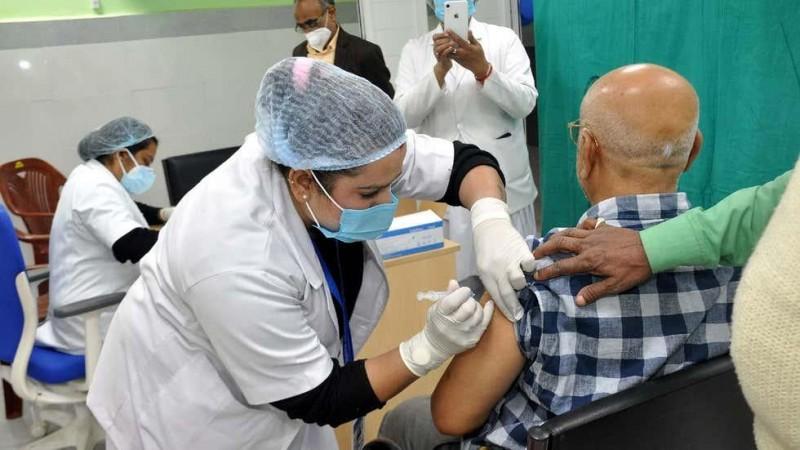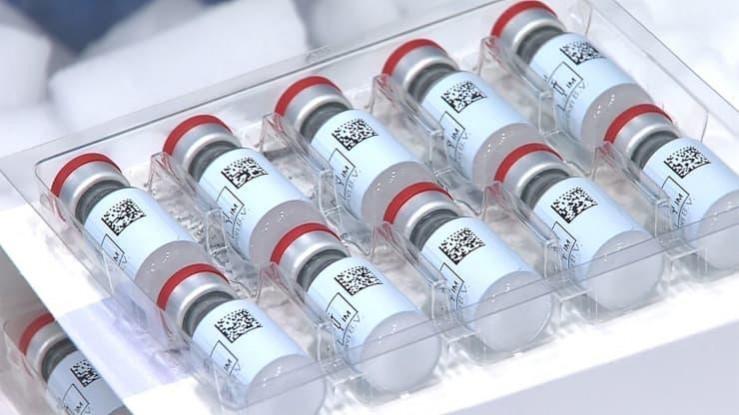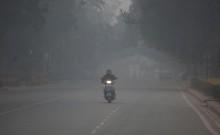As India gears up for vaccination for all above 45 years of age from the 1st of April, majority of people who were eligible for taking a COVID-19 shot in the last vaccination drive has not showed up for the vaccination. One major reason behind this lackluster pace of vaccination has been attributed to the inability of many eligible persons including those with certain disabilities and other issues.
The Brihanmumbai Municipal Corporation (BMC) citing the rising COVID-19 cases in the city had requested the central government to start door-to-door vaccination of debilitated senior citizens, the visually impaired, and those with physical disabilities, but the central government has rejected the request saying that it does not have such policy in place. The Union Health Ministry further argued that it will be extending the vaccination program to the micro-level so that eligible people do not have to go beyond 2-km distance for taking the Covid shots.

'Chennai conducting door to door vaccination'
The Centre's decision comes under scanner as Chennai's Municipality is exercising the same practice requested by the BMC. Last week, under its "Sending hospitals to homes" scheme, Chennai civic body started the door-to-door vaccination drive. In fact, the initiative was an instant hit as over 400 eligible candidates were vaccinated within hours on Day 1.

Twitterati has questioned the decision by the central government. One of the users wrote, "BMC: let us vaccinate 1.5L debilitated people at their doorsteps Centre: rejected, we have no such policy."
BMC: let us vaccinate 1.5L debilitated people at their doorsteps
— Anupam Gupta (@b50) March 28, 2021
Centre: rejected, we have no such policy
? https://t.co/Db5SfYbko8
Another user wrote, "Unbelievable. Centre rejects BMC's request to allow it to go door-to-door for vaccinating 1,50,000 old and disabled citizens who can't access vaccines because "center has no such policy."
Unbelieavable. Centre rejects BMC's request to allow it to go door-to-door for vaccinating 1,50,000 old and disabled citizens who can't access vaccines because 'centre has no such policy.'https://t.co/jnyg0xsIGn
— Kunal Purohit (@kunalpurohit) March 30, 2021
Meanwhile, as per a report in Mumbai Mirror, giving the rationale on why door-to-door vaccination won't work, one of the senior health ministry officials argued, "If you vaccinate someone, you need to check on that person for any medical reaction for some time. If people are to be vaccinated at home it will take a lot of time for each vaccination team to give a jab to one single beneficiary. This way it will slow down the vaccination drive."








